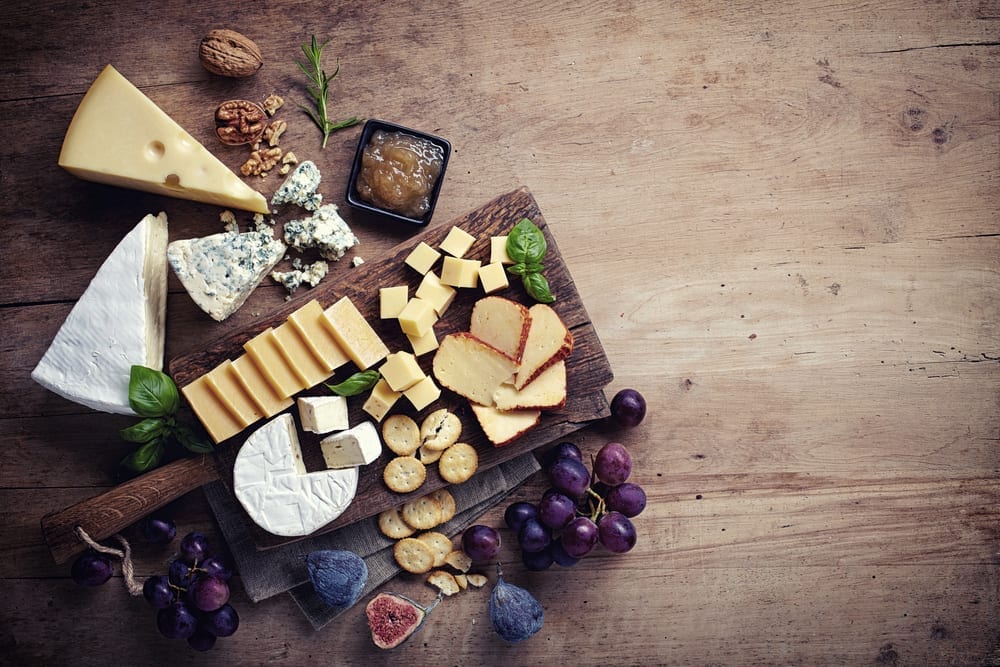Many people are ready to change their diet. They are willing to try new ways and give up certain foods. Except one. Very often I hear “Yes, but… not without my cheese!”

Many people are ready to change their diet. They are willing to try new ways and give up certain foods. Except one. Very often I hear “Yes, but… not without my cheese!”
Table of contents
Where does that come from? That exactly one food seems so indispensable? Especially in the low carb (high fat) world it is widely used. There are vegetables with cheese, meat with cheese, bacon with cheese, crackers made of cheese, cheese with cheese… Often it happens unconsciously. You give up the formerly beloved bread and look for a new comforting, warm, satisfying, filling treat. Cheese. A pleasure that does not need to be cooked or chewed for a long time. Comfortable. Filling.
It’s easy to eat one or two bites too many and the weight loss stagnates even faster. Or, you even gain weight with the new LCHF diet! Why can’t you stop at cheese?
We have a culprit here. The good news: it’s not you!
Du möchtest dich auch gesünder ernähren?

If I didn’t know better, I would say: Someone is really against you. A little substance called casomorphin makes cheese so indomitable… yummy… and just turns off your discipline. After all, biochemistry is always stronger than the will.
Milk contains various proteins – whey proteins and casein. During cheese production, the different types of protein separate. Whey proteins remain in the liquid whey and casein forms the basis for the solid cheese. During the digestion of casein, fragments of the protein (peptides) are formed, which are then called casomorphins. As you can see, the name morphine is hidden in it. Morphine is an opiate that is used to treat pain and has a high addictive potential.
Casomorphins are structurally similar, can cross the blood-brain barrier and bind to opioid receptors in the brain. As a result, they develop an opoid-like effect. This is undoubtedly much less than the effect of morphine. Cheese is no good for treating pain. Also, one does not become addicted to the extent that severe withdrawal symptoms appear upon discontinuation. Rather, casomorphins spread a pleasant, contented, happy feeling. They act on the body’s own happiness hormones. This makes your body unconsciously want to reach for cheese again and again. Because who does not want to be happy and satisfied?
According to some studies, patients suffering from autism or schizophrenia have higher levels of the so-called beta-casomorphin-7 in their blood. No, it does not mean that cheese causes these diseases. A wide variety of metabolic pathways could be impaired leading to the higher casomorphin level. However, it shows that research on diseases plus dietary components is a very exciting one that can still bring many interesting relationships to light.
This new section is intended to provide a brief look at topics in nutrition science.
(* almost or soon daily)
Always stay up to date with our Newsletter.
Foto: baibaz/shutterstock.com